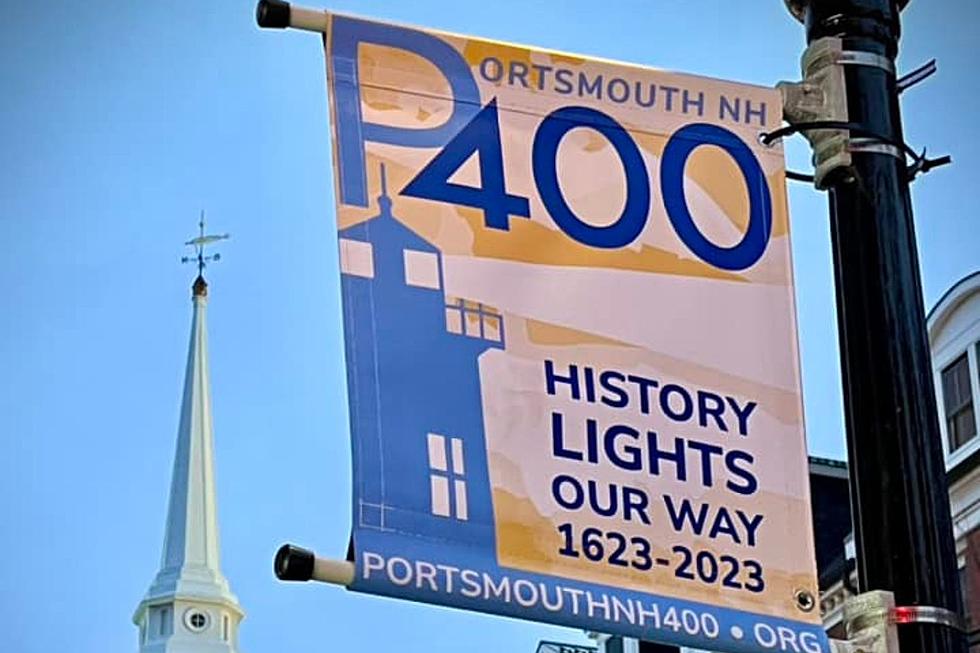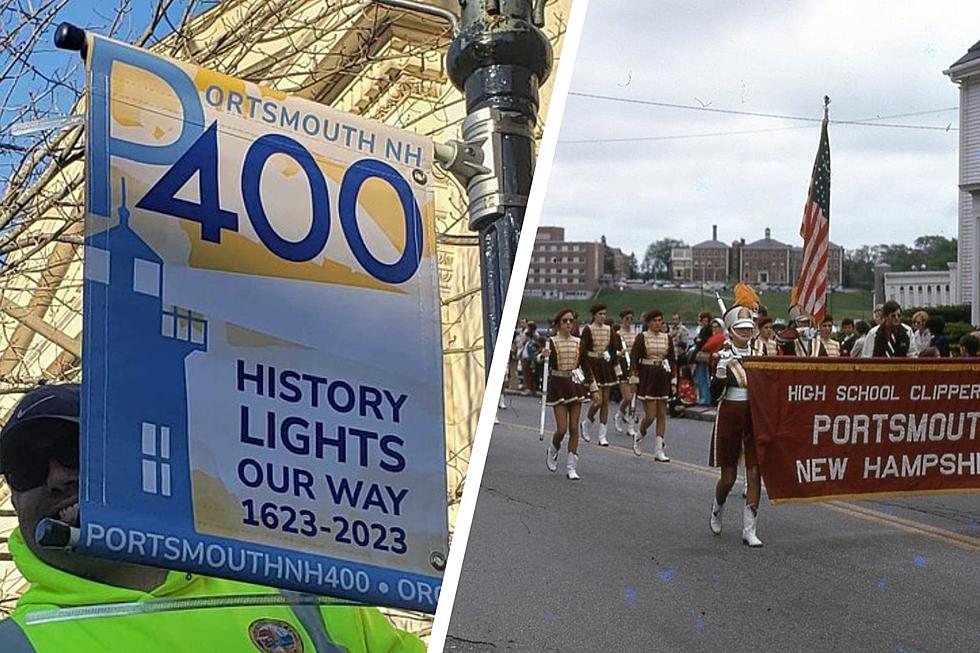
New Hampshire Officials Reach Settlement With StubHub, Other States Included
New Hampshire officials have reached a settlement with California-based StubHub, Inc., over their alleged refusal to pay refunds to consumers for concerts, sports events and other ticketed events that were canceled due to COVID-19.
According to a press release from NH Attorney General John Formella's office, StubHub operates one of the largest ticket reselling marketplaces in the country.
Under its “FanProtect Guarantee,” StubHub offered consumers full refunds of the purchase price and fees they paid for tickets if their events were canceled.
That all changed during the pandemic. This is what the press release says on the matter:
In March 2020... following the mass-cancellation of entertainment events, StubHub stopped honoring its refund guarantee and instead told its customers that they would receive account credits equal to 120% of their purchases to be used for future events and denied their requests for refunds.
Following the commencement of the states’ coordinated investigations, in May 2021, StubHub reversed its decision and notified its customers that if they purchased tickets prior to March 25, 2020, and their events were cancelled, they would receive full refunds of the amounts they paid for their tickets to events unless they elected to retain their account credits.
This included 2,175 consumers residing in New Hampshire or purchasing tickets for an event in New Hampshire, who had previously purchased tickets on StubHub’s marketplace under terms that included the FanProtect Guarantee, according to the press release.
StubHub can avoid paying a $122,600 civil penalty in New Hampshire if they pay the refunds owed to consumers and it does not violate other terms of the agreement.
StubHub has agreed to clearly and conspicuously disclose any modification to its refund policies before a consumer agrees to them, honor those policies when events are cancelled, and promptly process refund requests it receives from consumers.
Arizona, Arkansas, Colorado, the District of Columbia, Indiana, Minnesota, Ohio, Virginia, and Wisconsin were also involved in the settlement, according to a press release from the Attorney General's Office in Maryland.
Maryland Attorney General Brian Frosh said this settlement ensures that consumers will receive the refunds that they are entitled to.
“Despite the unprecedented circumstances that led to mass cancellations of events last year, StubHub had a responsibility to abide by the terms of its own guarantee policy,” Frosh said in a statement.
More than 8,500 consumers residing in or purchasing tickets for an event in Maryland, who had previously purchased tickets on StubHub’s marketplace under terms that included the FanProtect Guarantee, were affected.
The $424,250 civil penalty can be avoided in Maryland pays the refunds owed to consumers and it does not violate the other terms of the agreement.
In Colorado, the settlement will allow authorities to divide $3,120,442 among 8,688 customers in that state according to a local FOX News station.
In Indiana, WBIW.com reports about 6,800 consumers affected and a $382,500 civil penalty which can also be avoided.
StubHub has issued a statement on the settlement.
Putting fans first has always been central to the StubHub business. Adjusting our refund policy for canceled events during the pandemic was a difficult decision, but a necessary one at the time. As soon as circumstances allowed, StubHub achieved its goal of providing impacted customers the choice to keep the 120% credit they were issued when their event was canceled or receive a cash refund.
We appreciate the patience of our customers, partners and regulators as we worked toward providing that choice, and we appreciate the ongoing dialogue with the states as we worked to formalize the actions StubHub voluntarily took beginning in May 2021 through this multi-state agreement.
New Hampshire consumers who have not been contacted by StubHub and believe they are entitled to a refund may either contact StubHub at 866-788-2482 or the Attorney General’s Office at 603-271-3641.
LOOK: How Halloween has changed in the past 100 years
More From Seacoast Current








